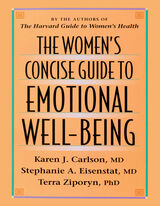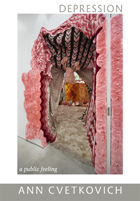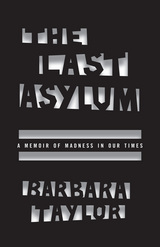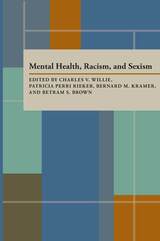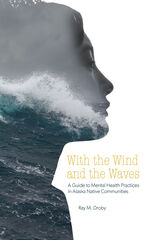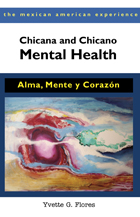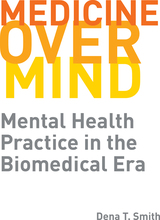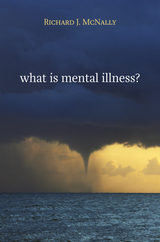Cadaverland: Inventing a Pathology of Catastrophe for Holocaust Survival [The Limits of Medical Knowledge and Historical Memory in France]
Brandeis University Press, 2009
eISBN: 978-1-58465-878-8 | Cloth: 978-1-58465-784-2
Library of Congress Classification RC451.4.P7D67 2009
Dewey Decimal Classification 616.8521200944
eISBN: 978-1-58465-878-8 | Cloth: 978-1-58465-784-2
Library of Congress Classification RC451.4.P7D67 2009
Dewey Decimal Classification 616.8521200944
ABOUT THIS BOOK | AUTHOR BIOGRAPHY | TOC
ABOUT THIS BOOK
In this extraordinary study, Michael Dorland explores sixty years of medical attempts by French doctors (mainly in the fields of neuropsychiatry and psychoanalysis) to describe the effects of concentration camp incarceration on Holocaust survivors. Dorland begins with a discussion of the liberation of concentration camp survivors, their stay in deportation camps, and eventual return to France, analyzing the circulation of mainly medical (neuropsychiatric) knowledge, its struggles to establish a symptomology of camp effects, and its broadening out into connected medical fields such as psychoanalysis. He then turns specifically to the French medical doctors who studied Holocaust survivors, and he investigates somatic, psychological, and holistic conceptions of survivors as patients and human beings. The final third of the book offers a comparative look at the “psy-science” approach to Holocaust survival beyond France, particularly in the United States and Israel. He illuminates the peculiar journey of a medical discourse that began in France but took on new forms elsewhere, eventually expanding into nonmedical fields to create the basis of the “traumato-culture” with which we are familiar today. Embedding his analysis of different medical discourses in the sociopolitical history of France in the twentieth century, he also looks at the French Jewish Question as it affected French medicine, the effects of five years of Nazi Occupation, France’s enthusiastic collaboration, and the problems this would pose for postwar collective memory.
See other books on: Holocaust, Jewish (1939-1945) | Mental health | Psychiatry | Rehabilitation | Treatment
See other titles from Brandeis University Press
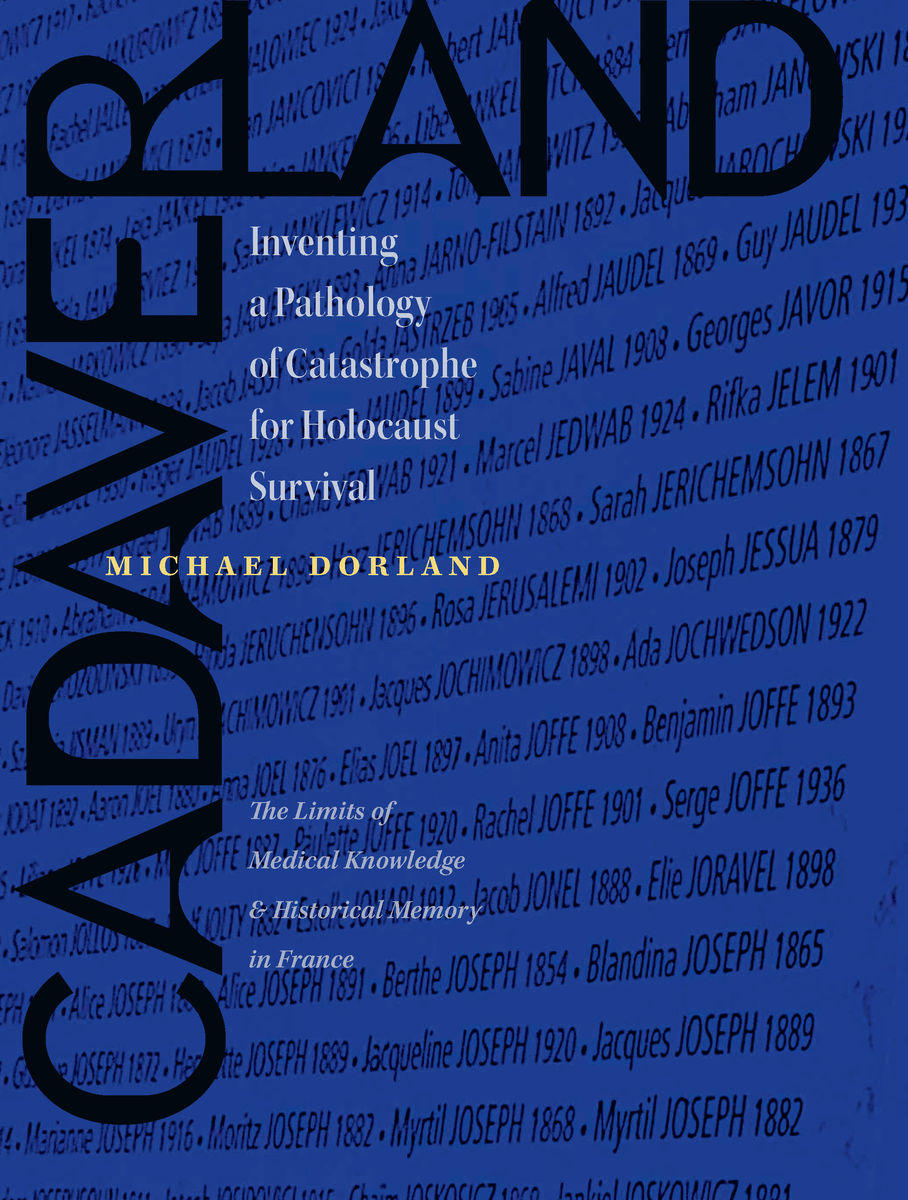

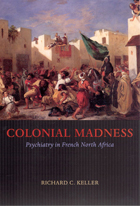
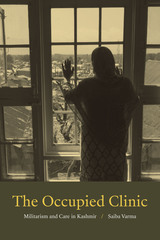
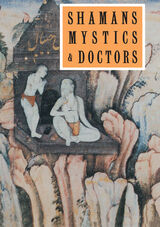
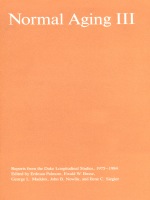
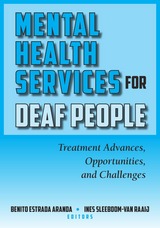

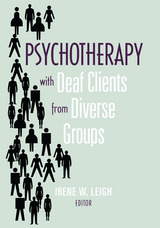
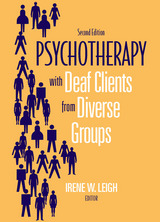
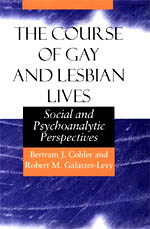



![Cadaverland: Inventing a Pathology of Catastrophe for Holocaust Survival [The Limits of Medical Knowledge and Historical Memory in France]](https://www.bibliovault.org/thumbs/978-1-58465-878-8-thumb.jpg)


